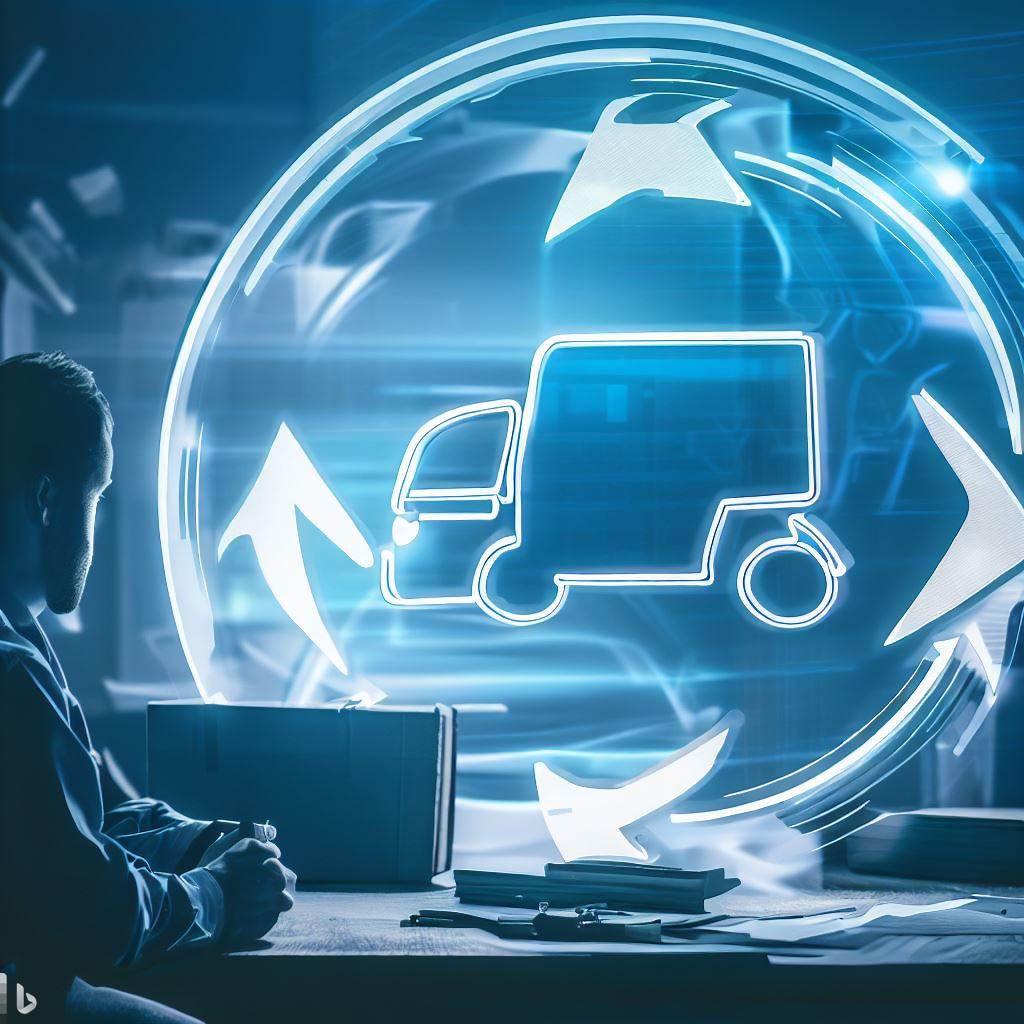ERP for Reverse Logistics Technology Platforms: Get Automated
Streamlining Reverse Logistics technology with ERP Solutions. Discover how Enterprise Resource Planning (ERP) addresses challenges faced by reverse logistics technology platforms, optimizing processes, data security, and supply chain visibility. Elevate your business with ERP integration.
The reverse logistics technology platforms business encounters various pain points and bottlenecks while offering solutions to optimize reverse logistics processes. However, implementing an Enterprise Resource Planning (ERP) system can offer effective solutions to address many of these challenges.
Benefits of ERP Implementation for Reverse Logistics Technology Platforms
Integration Complexity:
ERP’s integration capabilities streamline connections with diverse systems across different industries and sectors.
Data Security and Privacy:
ERP’s data security features ensure the confidentiality and privacy of sensitive reverse logistics data.
Real-Time Tracking:
ERP’s real-time monitoring provides visibility and tracking of returned products throughout the supply chain.
Scalability:
ERP’s scalable architecture accommodates increasing volumes of returns and growing business demands.
User Experience:
ERP’s user-friendly interface enhances the platform’s adoption and usability for customers.
Customer Support:
ERP’s customer support module offers efficient assistance for platform users.
Legacy System Compatibility:
ERP’s compatibility with legacy systems facilitates smooth data transfer and integration.
Data Analytics:
ERP’s advanced analytics capabilities enable data-driven decision-making and optimization.
Process Automation:
ERP’s workflow automation streamlines reverse logistics processes, reducing manual effort.
Product Information Management:
ERP’s master data management organizes and updates product information seamlessly.
Product Categorization:
ERP’s categorization tools accurately classify diverse products for efficient processing.
Return Authorization:
ERP’s authorization workflow automates and accelerates the return authorization process.
Supply Chain Visibility:
ERP’s real-time tracking and reporting ensure end-to-end supply chain visibility.
Multi-Channel Integration:
ERP’s multi-channel support integrates with various sales channels and marketplaces.
Reverse Logistics Costs:
ERP’s cost accounting module calculates and manages reverse logistics costs for users.
See How My Company Can Massively Automate Your Company Departments
Custom CRM Development – For Organizations to manage its Customer Interactions in addition to Sales, Marketing, Billing, Products, Services, Contacts, Customer Support, among other things.
Custom ERP Development – For Manufacturers to handle BOM, Quotation, Order, RFQ, PO, SOA, Manufacturing, Trading, Inventory, Quality Control, Logistics, Shipments, and so on.

Regulatory Compliance:
ERP’s compliance management module helps adhere to complex regulatory requirements.
Reverse Auctions:
ERP’s bidding and tendering system facilitates efficient handling of returned products.
Reporting and Analytics:
ERP’s reporting tools provide comprehensive insights and analytics.
Customer Communication:
ERP’s communication features enable seamless interactions with customers throughout the return process.
Return Routing:
ERP’s route optimization capabilities optimize return routing for efficient product retrieval.
Quality Control:
ERP’s quality management system ensures refurbished products meet quality standards.
Inventory Management:
ERP’s inventory control optimizes the management of returned product inventory.
Reverse Logistics Partnerships:
ERP’s vendor management module fosters partnerships with refurbishment or recycling facilities.
Product Disposition:
ERP’s analytics aid in making informed product disposition decisions.
Environmental Impact:
ERP’s sustainability features address the environmental impact of reverse logistics processes.
Product Depreciation:
ERP’s asset management tracks product depreciation during the return process.
Labor Costs:
ERP’s workforce management module optimizes labor expenses for handling returns.
Global Trade Compliance:
ERP’s global trade management ensures compliance with international trade regulations.
Reverse Flow Planning:
ERP’s supply chain planning optimizes reverse flow for efficiency.
User Training:
ERP’s learning management system offers comprehensive training for platform users.
Implementing an ERP system tailored to reverse logistics technology platforms streamlines operations, enhances compliance, and optimizes reverse logistics processes, improving efficiency and customer satisfaction in the competitive market.
